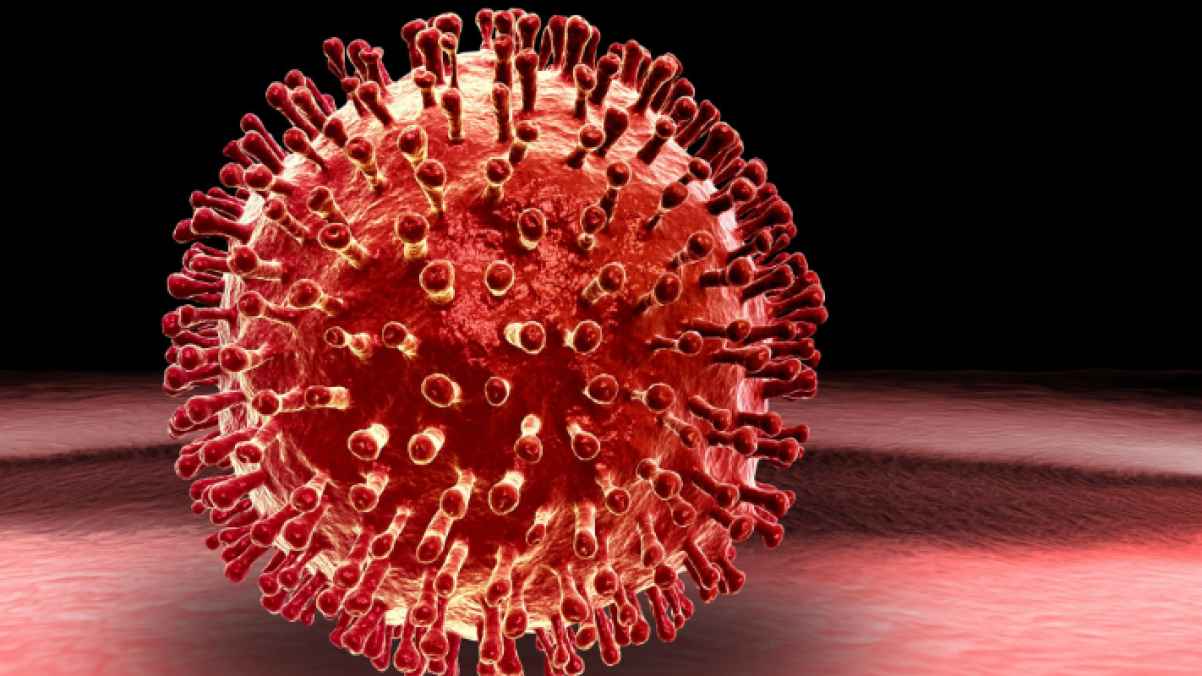Fears of a virus that could trigger a pandemic worse than COVID-19

- Warnings over potential transmission of bird flu to humans
- Pandemic risk currently low
The Respiratory Infection Center at the French Pasteur Institute warned that avian influenza, which spreads among wild birds, poultry, and mammals, could trigger a pandemic more severe than COVID-19 if it mutates to become transmissible between humans.
Marie-Anne Rameix-Welti, the center’s medical director, said the concern lies in the virus adapting to mammals, especially humans, making it capable of spreading from person to person, which would turn it into a pandemic virus.
She added that in recent years the virus has led to the culling of hundreds of millions of birds, disrupting food supplies and increasing prices, although human infections remain rare.
Rameix-Welti explained that humans have antibodies against seasonal H1 and H3 influenza strains, but none against the H5 virus affecting birds and mammals, similar to what occurred with COVID-19.
She noted that influenza viruses can infect even healthy individuals and cause death, including in children, unlike COVID-19, which mainly affects vulnerable populations.
Several human cases of H5 infection have been recorded previously, including H5N1 currently circulating among poultry and cattle in the United States, but these were mostly linked to direct contact with infected animals.
The first human case of H5N5 this month was reported in Washington state, where the infected man, who had chronic illnesses, died.
In its latest report on avian influenza, the World Health Organization noted roughly a thousand human outbreaks between 2003 and 2025, particularly in Egypt, Indonesia, and Vietnam, with a fatality rate of 48%.
Nevertheless, Gregorio Torres, head of the science department at the World Organisation for Animal Health, confirmed that the likelihood of a human pandemic remains low, emphasizing that people can continue normal activities like walking in the forest and consuming chicken and eggs, while stressing the importance of early preparedness for any emergencies.
Ramier-Wilty also said the world is now better prepared than before the COVID-19 pandemic, with specific preventive measures, ready vaccine candidates, rapid vaccine production capability, and stockpiles of antivirals that could potentially be effective against this virus.
